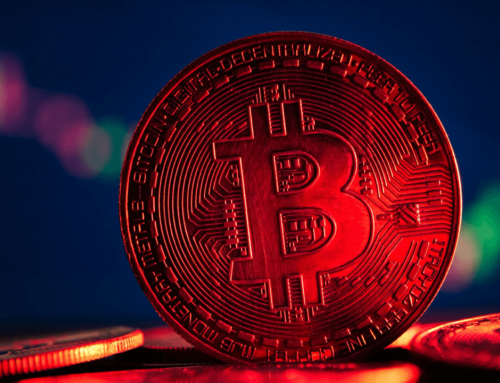Why Renewable Energy Setbacks Are Not a Sign of Failure
June 12, 2025
by Fahd Isa
Jun 13th 20253 mins


In April 2025, a massive blackout swept across Spain and Portugal, leaving millions in the dark and critics of renewable energy with a powerful talking point. Some were quick to blame green policies and net-zero goals, painting the outage as proof that clean energy isn’t ready to carry the load. But the real story is far more nuanced.
—
In April 2025, a massive blackout plunged Spain and Portugal into darkness, affecting nearly 60 million people and sparking a wave of criticism against renewable energy. Prominent figures like UK’s Reform leader Nigel Farage seized the moment to denounce net-zero policies, suggesting that the push for renewables was to blame for the outage. He said: “If we carry on with net zero lunacy the lights are going to go out here too.”
Such reactions, while attention-grabbing, oversimplify a complex situation. The blackout was caused by a combination of factors, including grid management challenges and infrastructure limitations, not solely due to renewable energy. Spain’s grid operator, Red Eléctrica, identified multiple contributing factors, such as unexpected disconnections of solar plants, failures in conventional power plants, and underinvestment in grid modernization.
Every technological advancement faces hurdles. The early internet was plagued by frequent outages and slow connections, yet society persisted because of its vast potential. Similarly, the transition to renewable energy comes with its own learning curve. But mistakes are nor necessarily evidence of inherent flaws.
Renewable energy adoption presents real challenges, including integrating variable sources like wind and solar into existing grids, ensuring consistent energy storage, and upgrading infrastructure to accommodate new demands. But these issues are solvable through innovation and strategic investment.
Critics often portray climate action as a trade-off between economic growth and environmental protection, suggesting that sustainability requires sacrificing comfort or prosperity. But sustainability is about redefining what a “good life” means. It is about living with less and with more purpose, and about finding smarter ways to thrive without exhausting Earth’s resources.
Renewable energy, supported by modern infrastructure and effective policy, can create resilient, affordable, and equitable systems. While initial investments are necessary, the long-term benefits include lower costs, reduced reliance on volatile fossil fuels, job creation, improved public health, and mitigation of expensive climate disasters.


The real danger lies in not adapting, rather than occasional blackouts or technical hiccups. Climate change is already intensifying extreme weather, rising sea levels, and biodiversity loss. Delaying meaningful action magnifies future consequences dramatically.
Dismissing sustainability due to initial challenges ignores broader realities and overlooks the dangers of continued fossil fuel dependence. Science clearly indicates that our window for action is closing rapidly. The Intergovernmental Panel on Climate Change (IPCC) warns that we are on track to exceed 1.5C of global warming within this decade, a threshold that risks triggering irreversible tipping points such as the collapse of polar ice sheets and the widespread die-off of coral reefs. Even temporary breaches of this threshold, as the UN underscores, are early warnings that we are perilously close to crossing a line from which we may not return.
Setbacks like the Iberian blackout underscore the need for improvements but should not discourage renewable energy adoption. They emphasize resilience, adaptability, and ongoing commitment to sustainability. Abandoning renewables due to early challenges would be like discarding the internet because of early dial-up frustrations. Progress demands perseverance and history proves it.
The transition from wood to coal did not happen overnight; it unfolded over seven decades. But in the face of the climate crisis, we no longer have the luxury of time. Today, perseverance means more than patience. It means bold, focused action despite obstacles, resistance, or delay. It is not just weathering the setbacks; it is accelerating through them. Because the clean energy future won’t materialize on momentum alone; it must be forged by those who refuse to wait, who choose to act, and who take each step with resolve and urgency. The future is not found, it is built.
Featured image: Joan Sullivan / Climate Visuals Countdown.
Our non-profit newsroom provides climate coverage free of charge and advertising. Your one-off or monthly donations play a crucial role in supporting our operations, expanding our reach, and maintaining our editorial independence.
About EO | Mission Statement | Impact & Reach | Write for us
Tagged:
emerging technologies energy transition Renewable Energy
Search
RECENT PRESS RELEASES
Related Post




